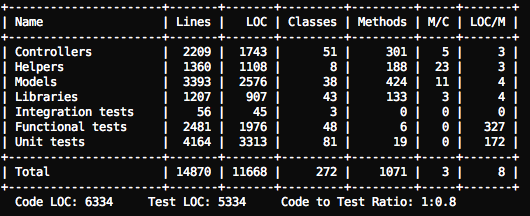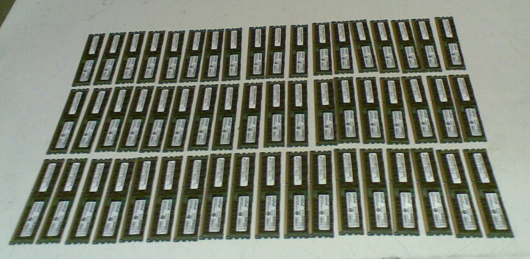Apple’s last quarter was the second most profitable quarter of any company ever in US history. Only ExxonMobile topped them slightly in 2008 when oil was at an all-time high. That’s an astounding and awe-inspiring accomplishment.
But that’s not why some of us are so proud of what Apple’s been able to do; it’s much more personal.
When I switched to Apple back in 2002 after the introduction of OS X, it felt like a renegade position. The world was running Windows and anyone bothering with a Mac was by definition an outsider.
We had to deal with incompatibilities of all kind. There was the ridicule of overpriced shiny white plastic. We were somewhere in between the “first they ignore you” and the “then they laugh at you” state of adoption. But for those of us who endured it, the result was not disillusion but a hardening of the resolve.
Macs were (and are) just better. Not just because they were better built or put together, but because Apple was a better company. A braver company. A company that stood for higher ideals. When compared to the empire of Microsoft and the Dells, Sonys of the time, it simply felt like they were more right.
When I looked at that, it seemed like an injustice that Macs and Apple were the odd ones out. Like quality was being held back and barred a chance to shine just because the dominant gorillas in the room had so much power and inertia going for them.
I campaigned tirelessly to enlighten my fellow classmates at Copenhagen Business School about this injustice, about why they should get a Mac. I managed to convert my entire study group and a fair number of other people too. It was invigorating to be able to convince people of the fundamentals.
This battle is not that old. There are plenty of veterans who remember how it used to feel to evangelize the company and its products as an outsider. I still do it by habit even though we’ve long since moved into the “and then you win” phase of adoption.
Still, financial results of the likes Apple delivered yesterday serve as an affirmation of all that energy spent telling their story. Believing in the underdog. Like your favorite home team who couldn’t get into premier league while growing up just won the Superbowl, the Stanley Cup, and the World Series all together for the 10th time in a row — and you were the only one to believe in them. It’s an immensely satisfying feeling.
Nowadays we have to deal with the fact that Apple is the gorilla not just in the room but in most of the houses on the block. That’s a scary proposition in its own right. Far too many resistance movements turned drunk with power once they beat the incumbents and ended up being just as bad (or worse) than those they displaced.
While Apple has certainly shown that at times they’ve let their power corrupt, they’re still guided by the fundamental principle we fell in love with: Superior products through superior design.
There are, however, lots of people who make great products with great design. There aren’t lots of Apples who can spread that luxury to the masses and convince them of the benefits like this company has done. When you hear regular people talk about how much they love their iPhone or iPad, it really hammers home what Apple has done not just for themselves but for anyone trying to create better products and hoping to win markets because of them.
I’m well aware that this level of gushing is somewhat unbefitting in public, and I normally wouldn’t indulge the impulse. I’m just so proud of Apple that I’m willing to look foolish saying so.
No other company has inspired me more when it comes to marketing, design, focus, and even capitalism than Apple. Make the best damn product out there, charge a profitable price, and win the world.


